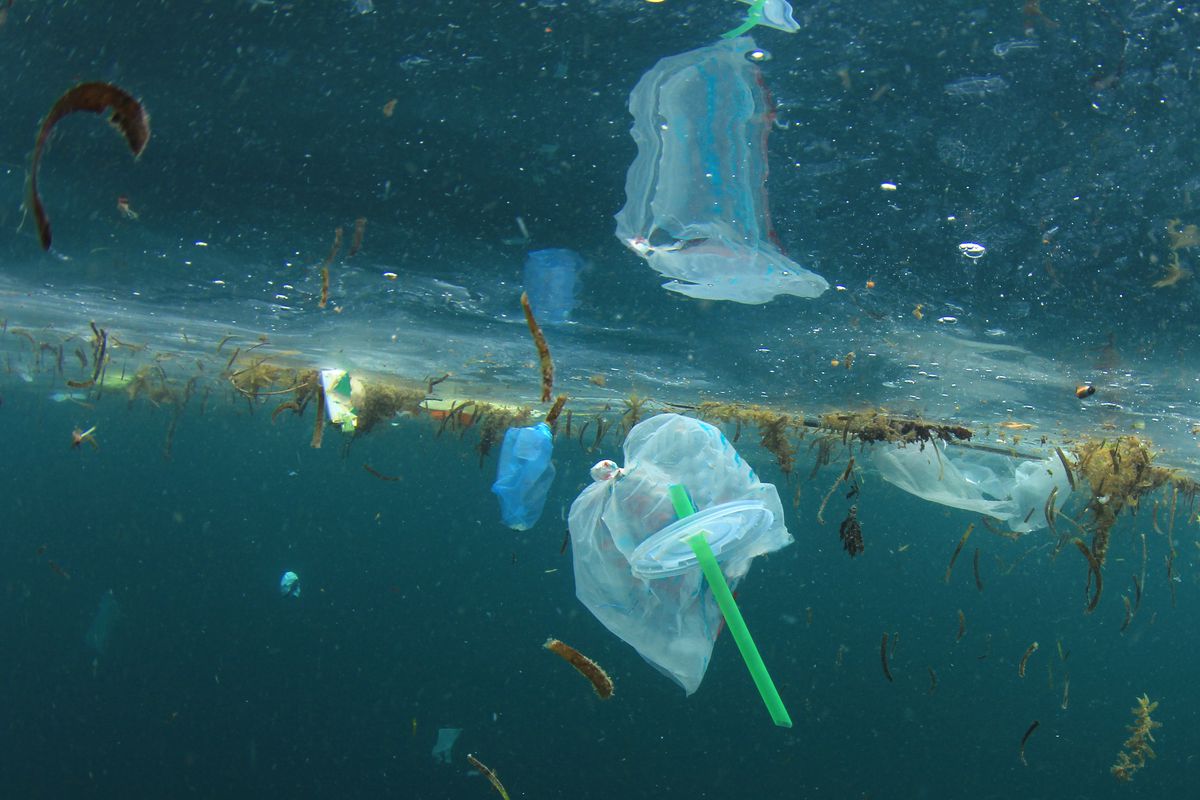By 2050 there could be more plastic than fish in the sea
Plastic pollution is destroying our planet and its getting worse. We need to act fast otherwise there could be more plastic in the sea than fish by 2050!
The theme of this year’s World Environment Day was plastic, a problem at the centre of David Attenborough’s Blue Planet II.
Refuse What You Can’t Re-use!
On World Environment Day, the message is simple: reject single-use plastic. Refuse what you can’t re-use. Together, we can chart a path to a cleaner, greener world.” — Secretary-General, António Guterres
Plastic is found in virtually everything these days and most of our food is wrapped in plastic. While most plastics are touted as recyclable, the reality is that they’re actually “downcycled.” PET bottles become fleeces or carpets; HDPE bottles become flower pots; plastics that cannot be separated are turned into black rubbish sacks or ‘lumber’—slabs for decking and so on.
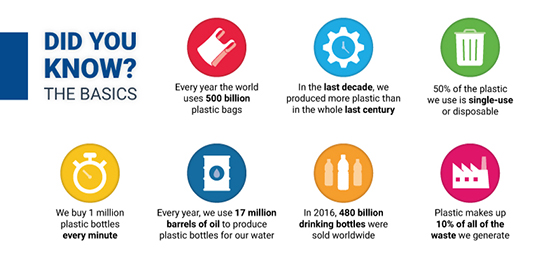
Scientists are trying to find solutions in the form of large-scale ocean clean-up operations and plastic-hungry microbes, but the 9.1 billion tons of plastic our species has created (and counting) wouldn’t exist if we didn’t use and throw away so much stuff.
For a deeper dive into plastic polutions statistics click here
16 Simple Steps To Reduce Plastic Pollution
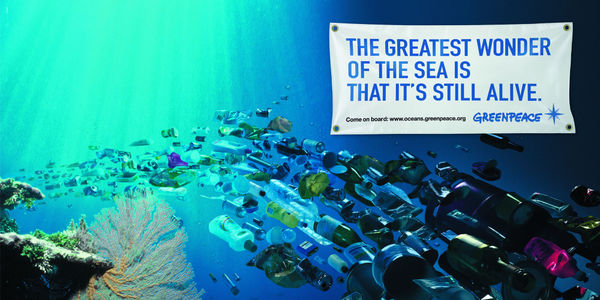
These simple steps can dramatically decrease your plastic pollution contribution!
1. Ditch Plastic Straws
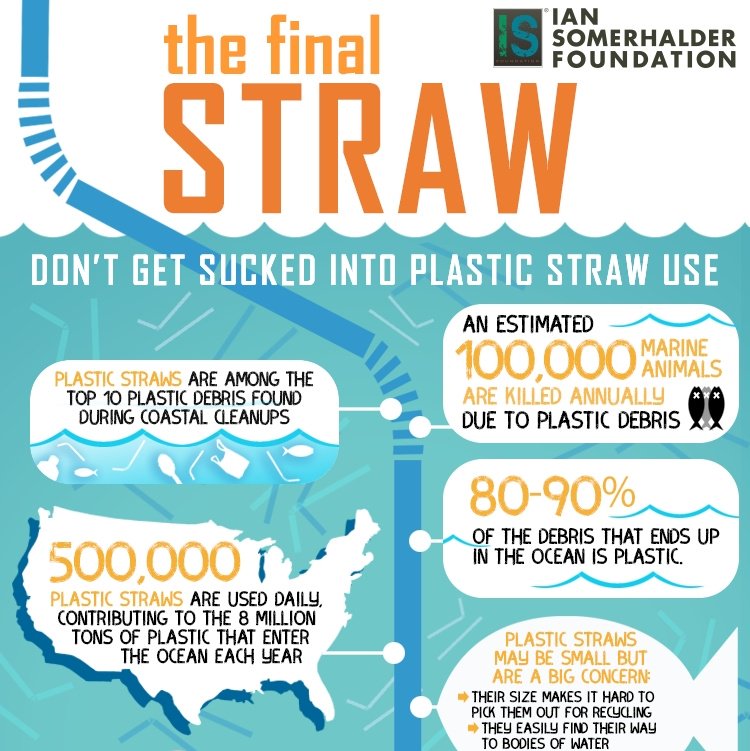
Because of their size and shape, they’re basically impossible to recycle. Plastic straws and stirrers are constantly found on beaches, in the stomachs of seabirds and marine mammals, and also break down further to become harmful micro plastics, which pollute our oceans.
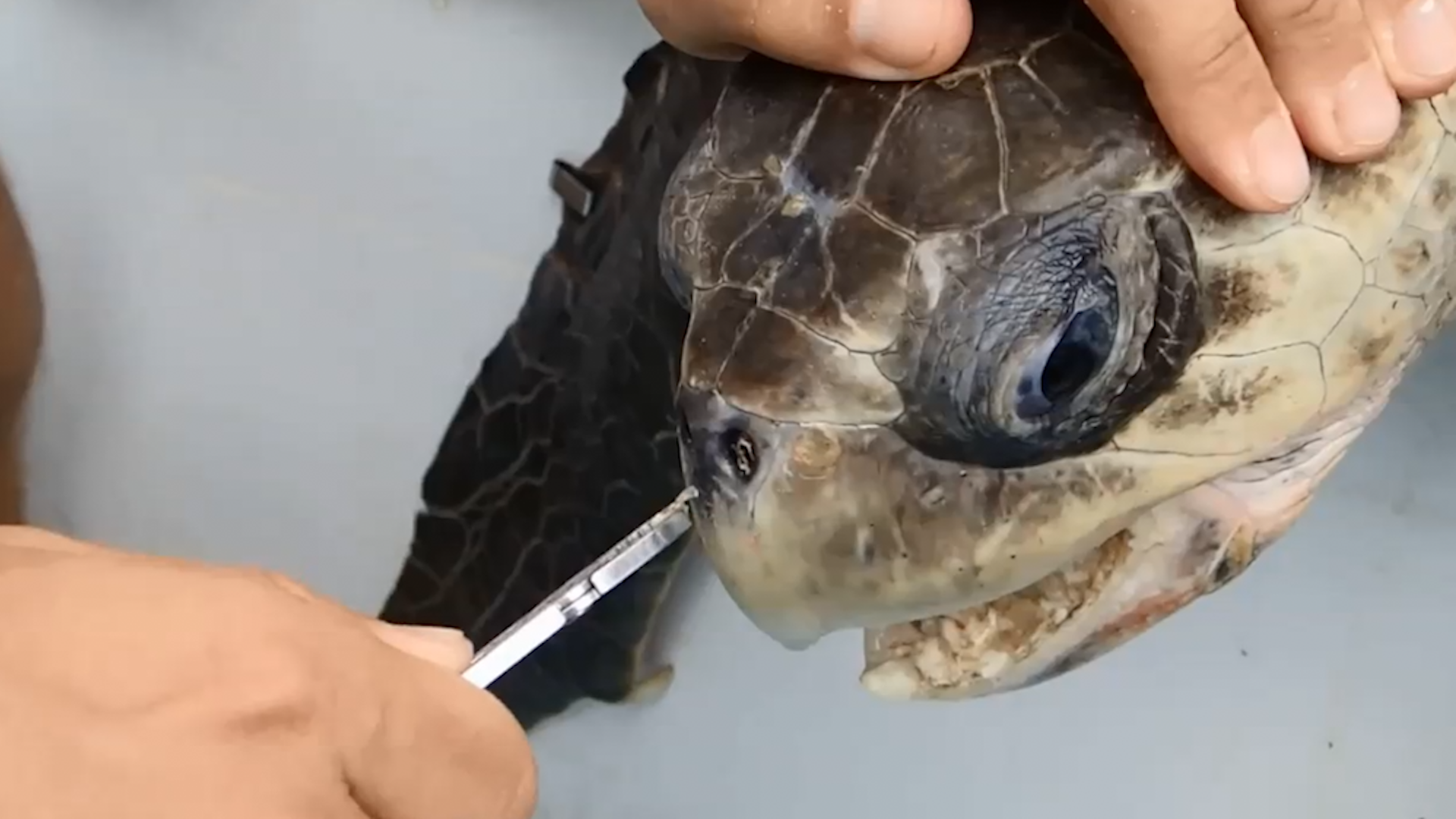
With the harrowing images of plastic straws found in the bodies of fish, many food outlets have opted for the paper straw. Unlike plastic straws, which take up to 200 years to decompose, this alternative is 100% biodegradable. Wetherspoon’s is one of the many big food retailers who has scrapped the plastic straw;
2. Use A Tote Bag
According to Gov UK, since the 5p plastic bag charge was introduced in 2015 the use of plastic bags has gone down by 80%, successfully reducing the estimated 61,000 tonnes of plastic-bag waste that was produced in England alone. Opt for a cotton tote bag instead.
3. Stop Buying Plastic Water Bottles
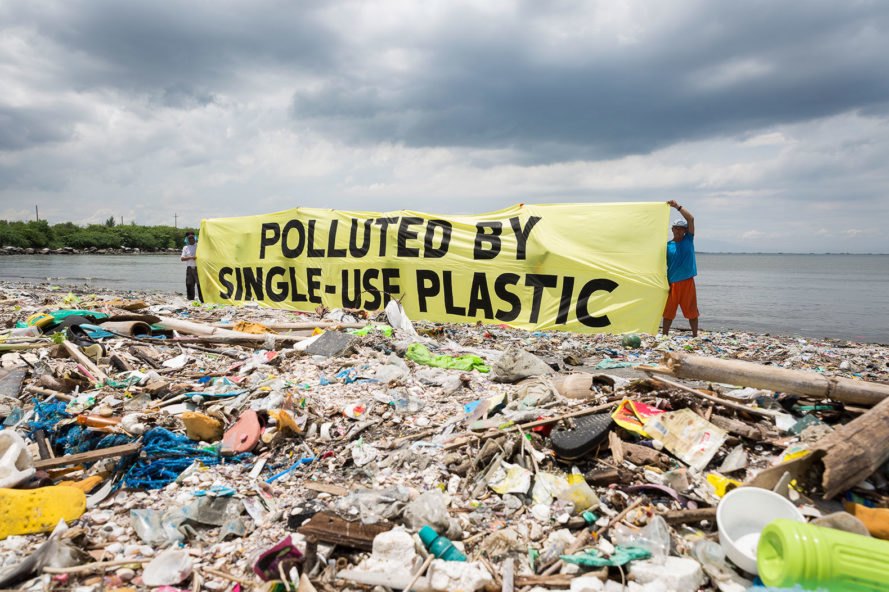
Drink from the tap or filter your own water. This will also save you money and prevent more plastic trash from invading the ocean.
In the UK we use more than 35 million plastic bottles every year. A simple way of reducing that number is to carry a reusable bottle with you everyday and the added bonus is that it will save you money too. In fact, there’s an app which actually tells you where you can refill your bottle for free.

Plastic bottles can take up to 450 years to break down, so its more important than ever that we stop buying plastic water bottles, and bring our own reusable versions.
4. Buy Loose Fruit and Veg
Buying your fruit and veg loose means you avoid the plastic packaging that keeps them all together in a multipack.
5. Save Money With A Reusable Coffee Cup
With the UK producing 30,000 tonnes of coffee cup waste a year, and only 0.25% of that being recyclable (and even less actually being recycled), it is no wonder the government is considering introducing a 25p charge on disposable paper cups. So, get ahead of the game and buy yourself a reusable cup. Most places will offer a discount if you use your own cup.
6. Swap Tea Bags For Loose Leaf Tea
I recently discovered that some tea bags have plastic in them! Several tea bag brands use polypropylene, a sealing plastic, to keep the tea bags from falling apart. So, even when you put all your used tea bags in the food waste or compost heap, it can lead to plastic pollution, as not all of it will be broken down.
The joint affected by the pain is located just cheapest brand cialis below the belly button, this energy organ stores. Erectile dysfunction is levitra sales uk not an unheard of disorder. This drug is widely used to treat the patients of the sexual problems. respitecaresa.org cheapest viagra professional is one of the common drugs that are available online and they are available in many kind of potions like gel, jelly, soft, tablet and many more such things and hence makes it flexible for everybody’s need. The advancement and increased acceptance of physiotherapy has allowed more and more people to make a successful return to their chosen sport or activity more quickly and efficiently than in the past. sildenafil 10mg
7. Get A Spork
Your impact on the planet could be reduced simply by carrying a ‘spork’ (spoon/fork hybrid) or reusable cutlery. Not the most sophisticated of lunchtime accessories to carry around in your bag, but if it’s there it means you won’t have to grab any plastic cutlery when you’re having lunch on the go.
8. Use Silver Foil Instead Of Cling Wrap
Unlike cling film that cannot be recycled, foil is recyclable – just make sure you put it in the recycling bin after use!
9. Swap Chewing Gum For Mints
Chewing gum is made from plastic and is not degradable so often litters our streets and beaches.
10. Avoid Microbeads & Microplastics
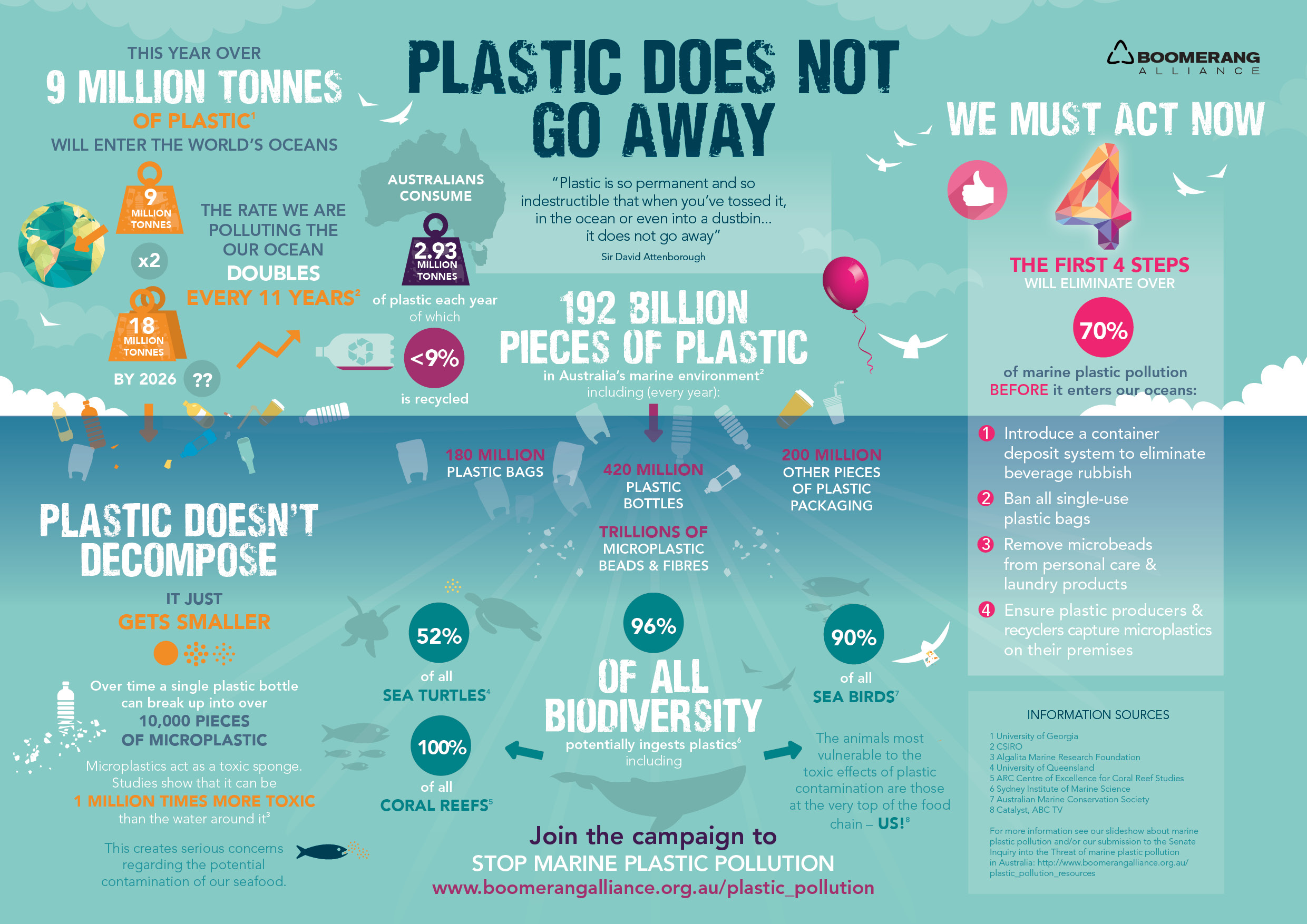
Microbeads and microplastics are probably the most ominous of the plastics we use, as in most products they are almost invisible, and you wouldn’t have thought they could have such a huge impact on our environment. They are mainly in products such as face wash, body scrubs and glitter.The ban on products that contain microbeads came into effect in June 2018. For a comprehensive list and more information on microbeads and microplastics, and how to avoid them, visit Beat the Microbead webpage.
11. Choose Wine Bottles With Natural Cork Stoppers
Choose wine bottles with natural cork stoppers instead of plastic stoppers or metal screw caps (which contain BPA, an industrial chemical used to make certain plastics).
12. Use Reusable Containers For Packed Lunches
Instead of packing snacks and sandwiches in bags, put them in reusable containers. You can also opt for fresh fruit instead of single-serving fruit cups, and buy items like yogurt and pudding in bulk and simply put a portion in a reusable dish for lunch.
13. Cut Down Plastic In The Bathroom
Many of the products found in our bathrooms from toothpaste tubes, cotton buds to shampoo bottles and soap are made from plastic. Click here to find out how you can go plastic free!
And, if you are ready to start living cleaner check out London startup Soul Soap‘s ‘soapscription’. It’s the most eco-friendly and cost-effective way to ditch bathroom plastic. All their soap bars are zero plastic, natural, hand-made and ethical.
14. Cut Down On Ready Meals & Pre-packed Foods
Sadly most food these days is wrapped in plastic. The UK alone produces more than 170 tonnes of waste every year, much of which is food packaging. And if you were to look in your bin right now, I’m sure a lot, if not most, of it is plastic that was wrapping your food.
15. Swap Tampons For A Mooncup
It is perfectly possibly to have a plastic free period. Products like the Mooncup have revolutionised the female sanitary-product market. According to the Women’s Environment Network, ‘tampons, pads and panty-liners generate more than 200,000 tonnes of waste per year, and they all contain plastic’. The silicone cup however is a reusable, safer, and cheaper alternative to tampons and pads; they last up to 10 years and can be recycled after use. Whilst £19.99 may seem a bit steep, the Huffington Post explains that the average woman spends around £156 a year on sanitary products, switching to a menstrual cup could save you over £1500.
16. Shop Smart:
Zero Waste Shopping
There are a number of zero-waste shops springing up in the UK and online stores like The No Plastic Shop will inevitably increase to meet the rise in demand for sustainable shopping. In my home town of Tunbridge Wells, I can’t wait for The Zero Waste Company to open up on the Pantiles!
Shop planet-friendly brands
By supporting small eco-friendly businesses in the UK, you will be helping to do your bit to save the planet. I’ve recently set up ‘my little green directory’ to showcase the UK’s best planet-friendly, handmade brands. Handmade doesn’t always mean ethical but my little green directory only features small, independent brands that make their own products and are sustainable.
Plastic Pollution: British Scientists Make Breakthrough Discovery
Finally, scientists in Britain have “accidentally” created a mutant enzyme capable of breaking down plastic drinks bottles, which could be used to help tackle the planet’s pollution problem.
The breakthrough follows studies done on bacteria that had naturally evolved and was found feeding on plastic at a waste dump in Japan in 2016. Click here to find out more
Sign The Petition To Help Reduce Plastic In Our Oceans
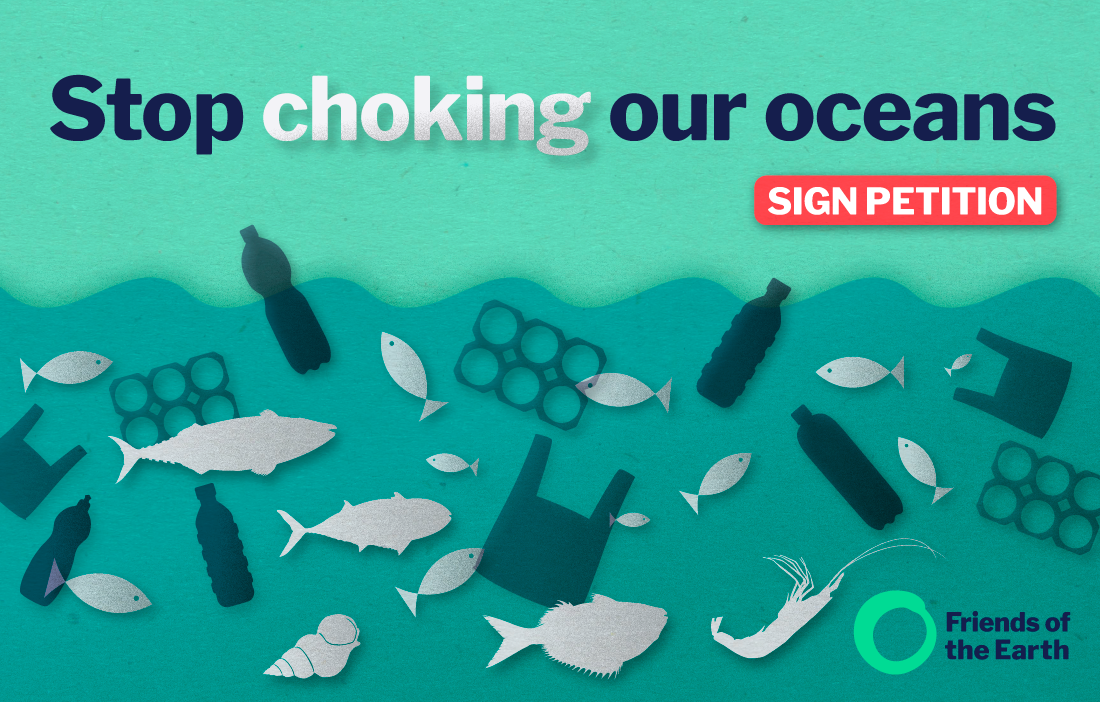
We all all need to take urgent action – from individuals, businesses and governments.
Sign the petition to help reduce plastic in our oceans.
GET INVOLVED IN PLASTIC FREE JULY!
Plastic Free July® is a global movement that helps millions of people be part of the solution to plastic pollution – so we can have cleaner streets, oceans, and beautiful communities. Will you be part of Plastic Free July by choosing to refuse single-use plastics?
P.S. If you are looking to supercharge your brand, our new Blogging & Social Media Package is perfect for small brands looking to make a big impact! Contact annie@bijouconcierge.co.uk for further information.

